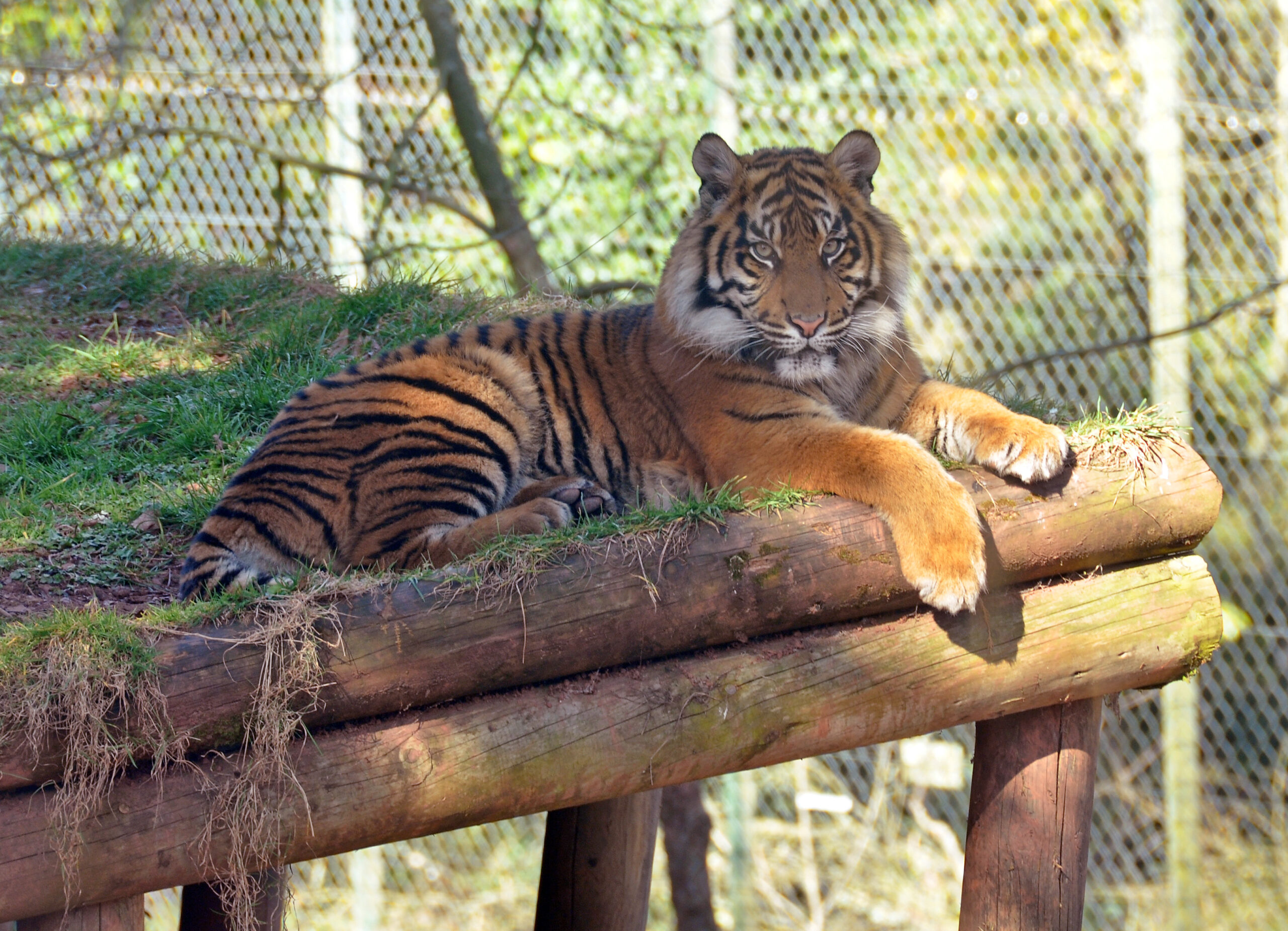Humans have always been fascinated with wildlife. There is a whole sector in the tourism industry designed to facilitate human beings to observe wild animals from close quarters. Zoos offer patrons the experience of exotic animal gazing and entertainment for a small fee.
The functioning of zoos has faced a lot of controversy over the years. However, there are cons as well as pros to their existence.
Zoos have improved significantly over the years. The animals in zoos are no longer kept behind steel bars and in cold cement cages. They are often kept in habitats that resemble their natural surroundings. The animals are also not acquired directly from the wild most of the times. They are often brought in through captive breeding programs and from other zoos. These breeding programs help to restore the count of threatened species.
Zoos present an opportunity for scientists to conduct research. In 2002, zoos participated in about 2,230 research and conservation projects in more than 80 countries. The information they gather helps researchers to develop new medicines and techniques to improve animal health.
The cons of zoos are more terrifying. There have been various stories where animals are separated from their families, tortured, starved and held in extreme poor conditions in the zoo. They are often left untreated for illnesses, which results in their unnatural death. Zoo animals are often harassed by the visitors for cheap thrills, in turn causing more trauma.
Zoos claim that they have a hand in educating people about animals. However, according to a study, many visitors don’t pay much attention to the animals. They’re actually talking to each other about unrelated things and spending only a few minutes at each display. The children, when exposed to a wild animal in the zoo, begins to think that animals need to be held captive; for they are to be feared if free. This psyche is not going to help anyone in future.
Zoos might be beneficial, but according to wildlife activists and environment conservationists, they cause more harm to the ecosystem than good.
Thank you for reading the story until the very end. We appreciate the time you have given us. In addition, your thoughts and inputs will genuinely make a difference to us. Please do drop in a line and help us do better.
Regards,
The CSR Journal Team


